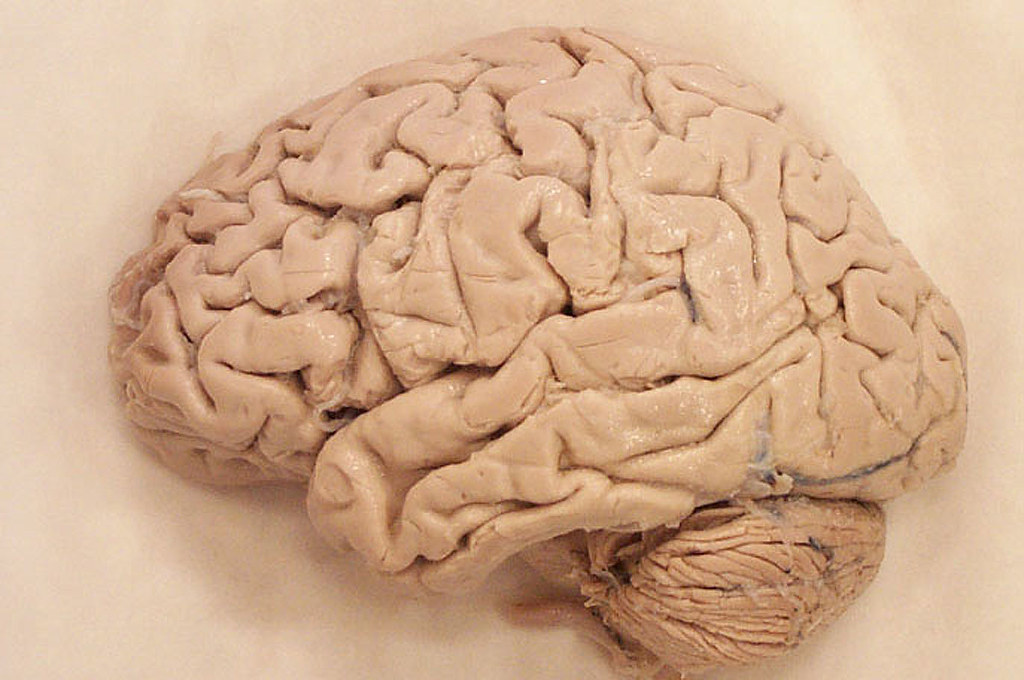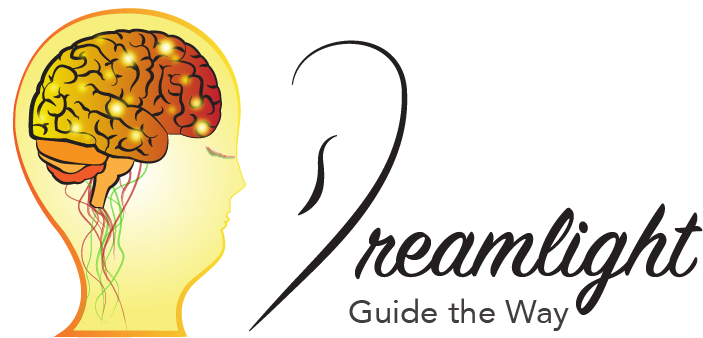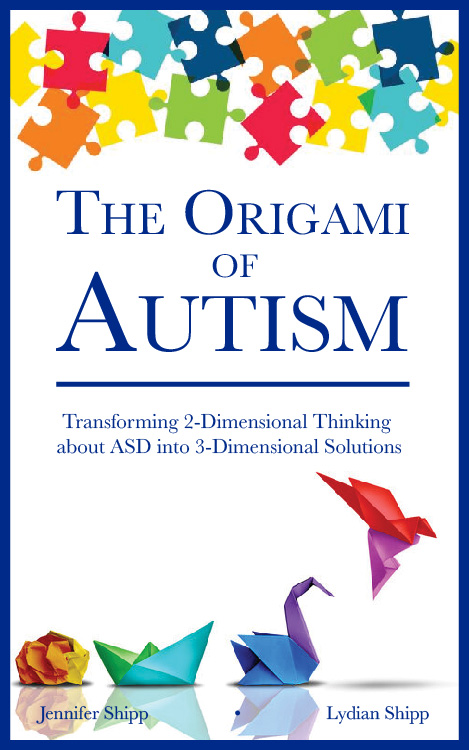The Opioid Hypothesis and Naltrexone for Autism
 Back in the 1990s, a group of scientists began studying opiate receptors and Naltrexone for autism treatment. The opioid hypothesis of autism stated that there was excessive brain opioid activity during the neonatal period of development that leads to the development of autism symptoms. This excessive activity of the opioid receptors in autism caused socialization issues that resulted in aloofness and autistic isolation.
Back in the 1990s, a group of scientists began studying opiate receptors and Naltrexone for autism treatment. The opioid hypothesis of autism stated that there was excessive brain opioid activity during the neonatal period of development that leads to the development of autism symptoms. This excessive activity of the opioid receptors in autism caused socialization issues that resulted in aloofness and autistic isolation.
In the 1990s, the opioid hypothesis received a lot of support in the scientific community on the basis of the following observations:
- There is a similarity between autism symptoms and abnormal behavior in young animals that are injected with opiates. These behaviors include social aloofness and diminished vocalization.
- There is direct biochemical evidence that there are abnormalities in the naturally existing opioids inside the body in those with autism.
- Treatment with naltrexone for autism produced positive results in some cases. Naltrexone is a long-lasting opioid receptor blocker.

Click here to schedule a health coaching session with us.
Naltrexone for Autism and the Opioid Hypothesis
Several studies have tested naltrexone for autism. Results have been mixed, though in some situations, Naltrexone can decrease distressing autism symptoms like self-injury. The theory is that, when a child or an adult with autism is doing self-injury, it actually reduces pain via the opioid receptors.Autism-Naltrexone Study #1
In one study that involved 2 autistic girls, naltrexone was administered at a dose of 1 mg/kg of body weight per day. These girls both exhibited serious self-injurious behaviors as well as a preference for salty and spicy foods. These symptoms indicated a dysfunction in the opioid system. Naltrexone administration led to an immediate reduction in self-injurious behavior and aggression as well as an increase in attention. The girls both began exhibiting pro-social behaviors such as smiling and play interactions.
Click here to learn more and subscribe to the Living Database now.
Autism-Naltrexone Study #2
Another study reported that naltrexone for autism caused a stimulating and tranquilizing effect in 6 out of 8 patients.Autism-Naltrexone Study #3
One double-blind placebo-controlled Naltrexone-autism study observed 23 children between 3-7 years of age. They were given an average daily dose of 1 mg of Naltrexone per kilogram of body weight for 4 weeks.Parents and teachers rated the children’s behaviors on a checklist. Overall, according to the checklist, the parents could not differentiate which children had received Naltrexone and which ones had not, but the teachers could see a difference. According to the teacher’s checklist, Naltrexone significantly decreased hyperactivity and irritability in children with autism. Social behaviors and repetitive behaviors were unchanged by Naltrexone treatment in this study.
Naltrexone-Autism Study #4
In this study, 23 children were a part of a double-blind, placebo-controlled crossover study. Each child was treated with 40 mg of Naltrexone. The effects were then monitored via parent’s checklist, playroom behavior observations, and actometers. In this study, Naltrexone treatment did not produce significant change in social behavior. It did, however, reduce irritability while improving attention.Naltrexone-Autism Study #5
In this double-blind study, Naltrexone was administered at a daily oral dose of 0.5 mg per kilogram of body weight for one month. Its effects were contrasted with a placebo. Scientists in this study noted that 70% of the children with autism had abnormally low levels of adrenocorticotropic hormone (ACTH). Other children (about 60% of them) had low levels of norepinephrine, serotonin (20%), and arginine-vasopressin (50%). The children in this study who responded well to Naltrexone treatment for autism, showed normalization of these abnormal plasma profiles. The scientists concluded that Naltrexone could only benefit a subset of autistic children whose abnormal plasma chemistry, especially abnormalities related to the pro-opiomelanocortin system, can be normalized through the administration of this drug.
Click here to learn more about the DreamLight.app, a guided meditation and brain-entrainment tool.
Resources:

 The Origami of Autism: Transforming 2-Dimensional Thinking about ASD into 3-Dimensional Solutions - BUY HERE!
The Origami of Autism: Transforming 2-Dimensional Thinking about ASD into 3-Dimensional Solutions - BUY HERE!








